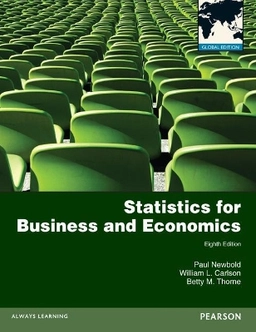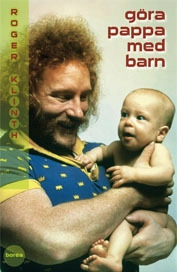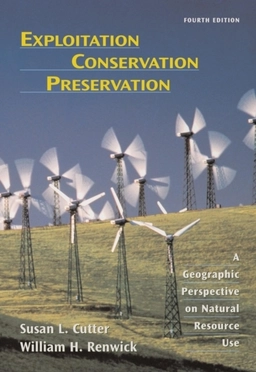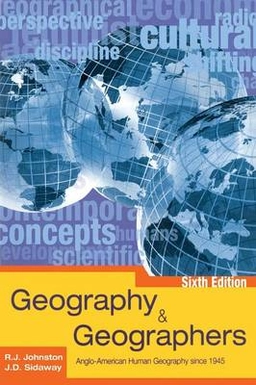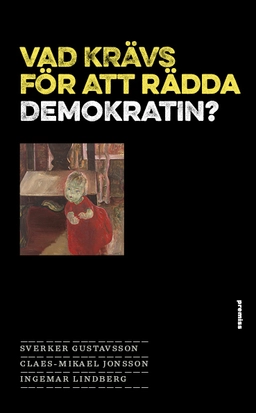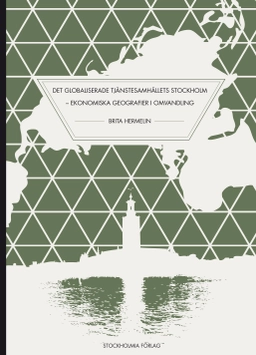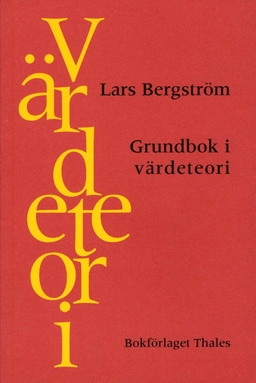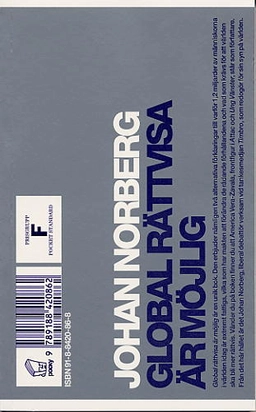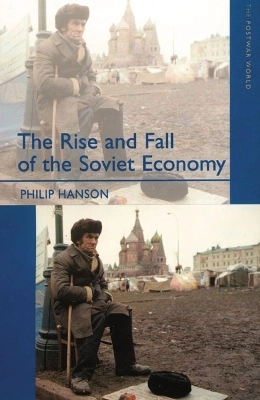

The rise and fall of the Soviet economy : an economic history of the USSR from 1945Upplaga 1
- Upplaga: 1a upplagan
- Utgiven: 2003
- ISBN: 9780582299580
- Sidor: 296 st
- Förlag: Longman
- Format: Häftad
- Språk: Engelska
Om boken
Åtkomstkoder och digitalt tilläggsmaterial garanteras inte med begagnade böcker
Mer om The rise and fall of the Soviet economy : an economic history of the USSR from 1945 (2003)
2003 släpptes boken The rise and fall of the Soviet economy : an economic history of the USSR from 1945 skriven av Philip Hanson. Det är den 1a upplagan av kursboken. Den är skriven på engelska och består av 296 sidor. Förlaget bakom boken är Longman.
Köp boken The rise and fall of the Soviet economy : an economic history of the USSR from 1945 på Studentapan och spara pengar.
Referera till The rise and fall of the Soviet economy : an economic history of the USSR from 1945 (Upplaga 1)
Harvard
Oxford
APA
Vancouver
